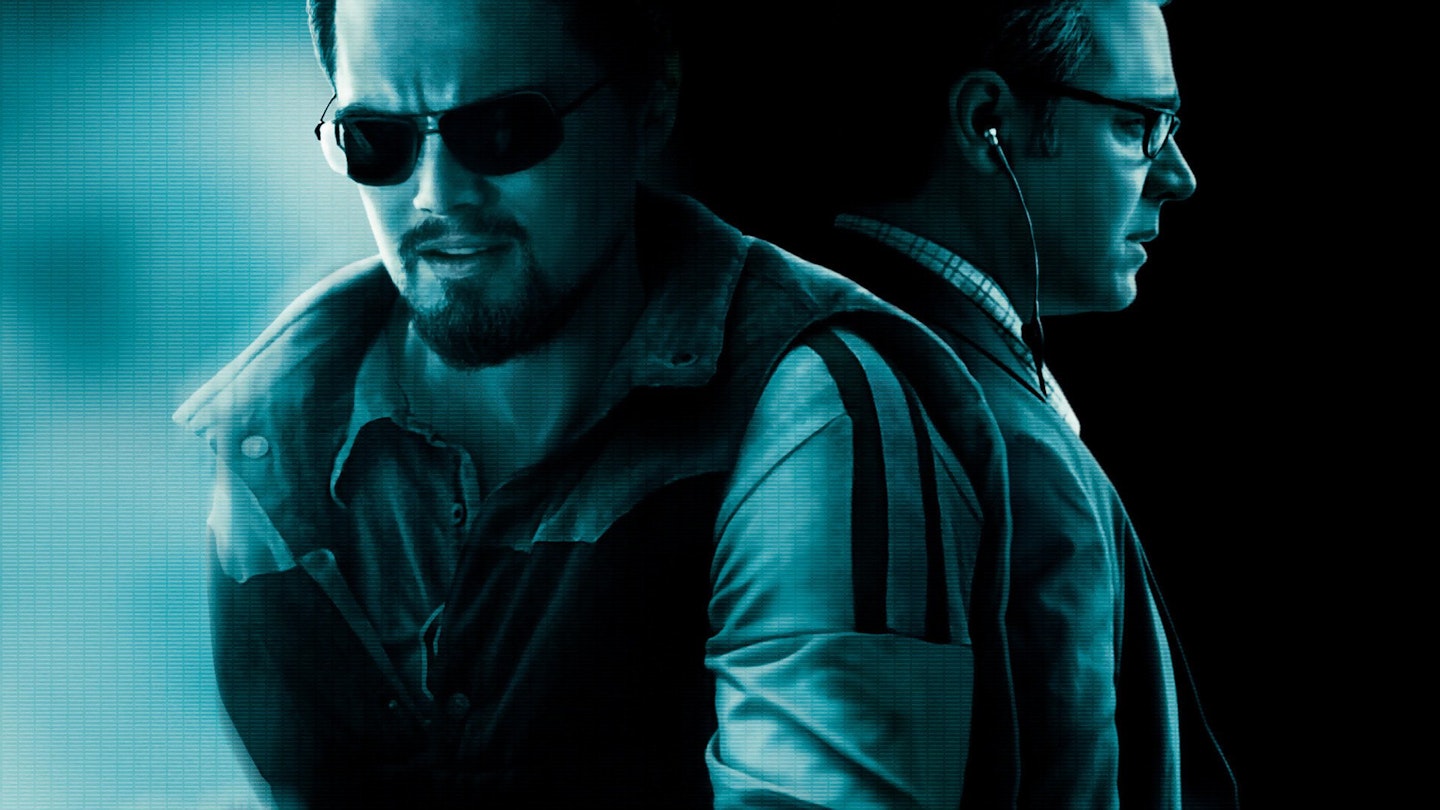One of the criticisms levelled at Blade Runner on its debut was that while its director strained every sinew to render a mind-blowing vision of our near future, he didn’t give a bugger about the story. When it dawned on us that neon-lit dystopia and plot were inseparable, it was swiftly reclassified a masterpiece. Even so, 26 years later, Sir Ridley Scott is still conjuring rapturous atmospherics, but his new CIA thriller feels sorely in need of a plot.
Based on Washington Post columnist David Ignatius’ novel, Body Of Lies marks the conclusion of the director’s recent trilogy of East-West snarl-ups that began with Somali ram-raid Black Hawk Down, before dropping a few centuries forKingdomOfHeaven. Now we’re bang up-to-date following a CIA operative through Terror’s uneasy backwater.
Scott certainly hits the ground running with Al-Qaeda’s Manchester branch hitting the panic button, turning a humdrum terrace into a trillion bits of humdrum terrace — an explosion of such high-impact, thousand-angle, pop-pyrotechnic hoopla, including a natty slo-mo shockwave effect, you wonder if Ridley has gone all Tony on us. Soon enough, it’s clear which Scott we’re basking in.
As an Arab city-block is shot from on high, or a camera cuts across a jeep spraying perfect jets of dust, everything looks glorious. A vast rubbish tip becomes a lunar crater ringed in biblical light. Nothing escapes Scott’s Olympian aesthetic. Hire him to Camcorder your wedding, and he would demand a fusillade of wind-machines and have the bride drop-in by crane. There isn’t a better eye in the business, but where’s all this panoptic godliness getting us.
His film is in need of a backbone. The script hints at wisdom, moral complexity, suspense even, but it’s all too jargonised and impatient. What emerges is a scattershot of subplots, vaguely tied together by the search for a big hat in Osama’s gang and the moral malaise assailing field agent DiCaprio beneath the brunt of commander Crowe’s callous philosophy. Crowe’s fleshy interlocutor occupies the moral low-ground — saving civilisation victim by victim.
Their relationship is no more than a series of verbal scraps, mostly on the phone. In fact, knotting some loose ends, you could excise Crowe’s puppet-master Hoffman entirely. Which would be a shame, as he’s the better of the two, doing one of his lugubrious bugbears, sprung with juicy line-readings and black humour, while DiCaprio’s Ferris is burdened with intensity and a beard borrowed from a goat’s backside. He has the odd telling moment. There’s a smarting close-up of bone splinters being tweezered out of his torso — a gift from his former driver. And to help feed his disillusionment, he attempts a dalliance with a local nurse (Golshifteh Farahani).
All portly Hoffman has to do is sit on his arse in Langley, sardonically directing traffic in deepest using peek-a-boo satellites. One of the few salient concepts is the malign influence technology has had on the conflict. “We’re like men from the future,” sneers Hoffman — which is exactly why they’re losing the fight. CIA goons flit about crumbling cities holding impenetrable arguments on Bluetooth headsets, while the terrorists remain invisible. In the words of J. K. Simmons’ bemused suit from Burn After Reading: “Report back to me when it makes sense.”
